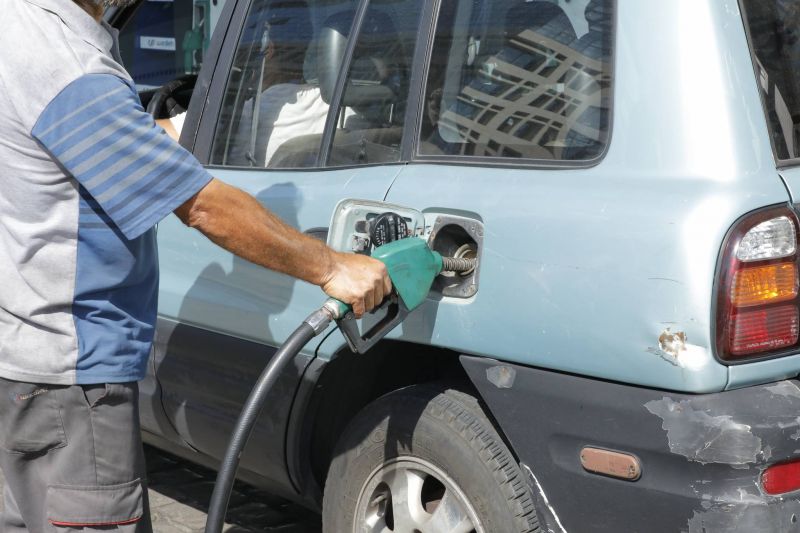
The leap in transportation costs can be traced to cuts to Lebanon’s fuel subsidy program. (Credit: Marc Fayad)
BEIRUT — The cost of food and transportation nearly quadrupled between August 2020 and August 2021, new data from Lebanon’s Central Administration of Statistics show.
Prices of food and nonalcoholic beverages skyrocketed by 290.4 percent year-on-year in August, while transportation costs leapt to 290.5 percent compared to the previous year. Restaurant and hotel prices jumped by 281.8 percent over the same period.
The new data comes as Lebanon grapples with its worst economic crisis in decades, causing 22-hour blackouts and severe shortages of fuel as well as certain medications and other basic goods.
The exorbitant increase in the cost of transportation can be linked to price hikes in fuel as Banque du Liban gradually ends subsidies on fuel imports. In late June, authorities approved a cut to fuel subsidies, with BDL selling importers dollars at LL3,900 to the greenback rather than at the official rate of LL1507.5. A further cut to LL8,000 came in mid-August, with prices at the pump leaping by two-thirds on Aug. 22. While not reflected in August’s consumer price data, authorities announced further cuts to fuel subsidies this month, with corresponding price increases.
The current fuel subsidy program is set to expire at the end of September.
The overall consumer price index increased by 137.8 percent year-over-year in August, CAS said. The index measures inflation by recording the fluctuation in prices of a basket of goods and services commonly used by consumers.
Other components of the index recorded substantial increases, with prices of health care, clothing, alcoholic beverages and tobacco tripling and those of household utilities such as water, electricity and gas rising by 137 percent. Furnishings, household equipment and routine household maintenance expenses soared by 147.5 percent.
The cost of communications, education and rent — all of which have varying levels of official price controls — saw smaller, single- and double-digit percent increases.
The task of reining in inflation will now fall to the cabinet of Najib Mikati, which gained confidence Monday in a vote by Parliament, ending over 13 months of caretaker-status governments.